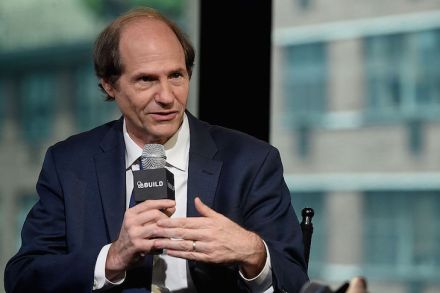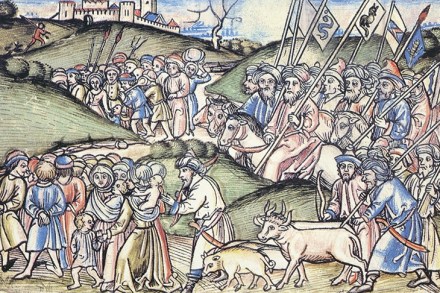The Books Podcast: Cass Sunstein – Beyond the Nudge
In this week’s Books Podcast I’m joined by Professor Cass Sunstein – best known here as co-author of the hugely influential 2008 book Nudge: Improving Decisions About Health, Wealth and Happiness, which spawned a whole transatlantic movement in using behavioural psychology to influence public policy (not least in the Cabinet Office’s celebrated ‘Nudge Unit’). Cass’s new book is called How Change Happens – and extends the arguments of his previous books to talk about the mechanisms that determine quite big, and quite abrupt shifts in politics and social attitudes. I ask him how his ideas about nudging have changed over the last decade; about the limits and contradictions of ‘libertarian paternalism’;





















